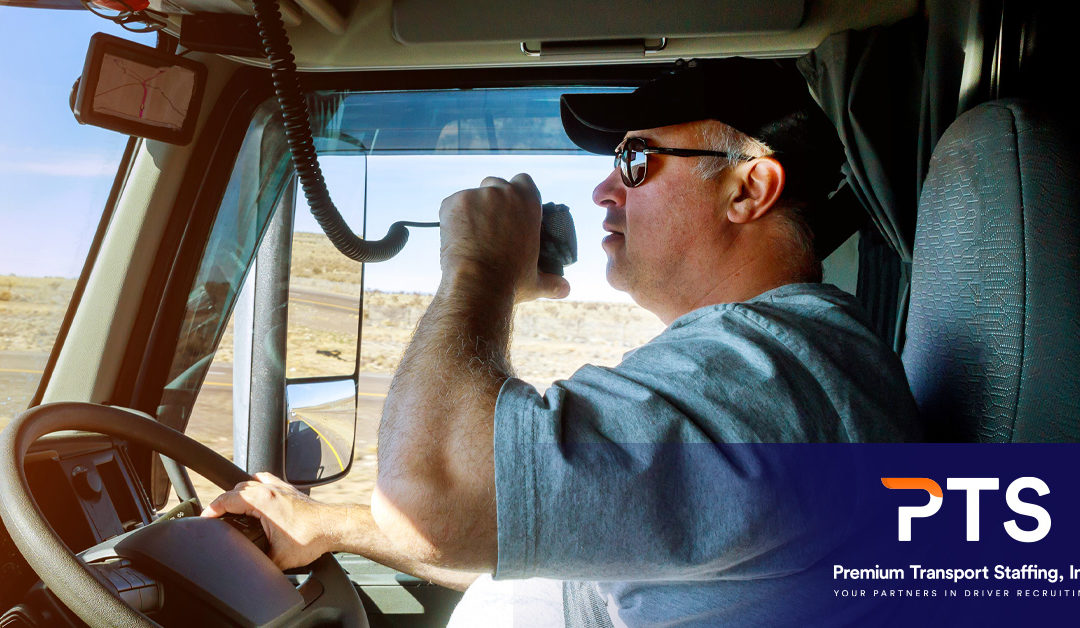For truck drivers, one of their most critical professional relationships is with dispatch. The dispatchers are your primary point of contact with the company. However, their role involves more than merely communicating with drivers. They also coordinate schedules, track progress, and communicate with clients.
Having a strong working relationship with dispatch is a must. Not only does it help make things easier for them, but it smooths out your ride, too. If you want to improve your relationship with dispatch, here are some tips that can help.
Check Your Messages
Regardless of the services your company uses, make sure you check your messages regularly. Dispatch usually has to use specific channels to communicate, not all of them designed for a rapid back-and-forth.
If you don’t check your messages, you may not find out about critical changes at the right moment. Additionally, if you don’t reply back, dispatch doesn’t know whether you’ve received the information.
Communicate
The truck driver/dispatch relationship requires solid communication if it is to remain productive and professional. It allows you to function as parts of a single unit, relying on one another to drive results.
As mentioned above, replying to any messages is an important part of the equation. Similarly, being available through the approved channels when you’re supposed to be is essential.
Additionally, sharing critical information is a must. If a dispatcher makes a mistake or doesn’t understand an aspect of your job (something that can occur since many dispatchers have never worked as truck drivers), give them feedback or let them know. As long as you approach issues constructively, focusing on information sharing, learning, and improvement, you can speak your mind.
If there’s a delay, let the dispatcher know what is happening. Let them know if there’s a weather concern, mechanical issue, or other cause for the timetable change. Additionally, reach out regularly with progress reports or updates. That way, if they need to connect with the client, they can explain precisely what’s occurred and how things move forward.
Embrace Planning
Truck driving is a time-sensitive profession. You need to be in specific places at particular times, preferably a little bit early. Sleeping in, taking a long lunch, or struggling on the time management front doesn’t just hurt your reputation; it puts your dispatcher in a bind. They have to explain what went wrong to the client, and having no more to say than the driver is running late makes things hard for them.
Stay Calm
When something goes awry on the road, it’s normal to be frustrated. However, losing your cool with dispatch isn’t the solution.
Usually, a tough situation isn’t the dispatchers fault. Some incidents are no one’s fault; they merely happen.
Even when dispatch was involved, yelling isn’t going to help matters. If you’re overly aggressive or confrontational, you might make them defensive, hindering communication. Ultimately, arguing rarely solves the issue and could cause critical delays that make the situation worse.
If something doesn’t go to plan, always remain calm. If things begin to get heated, let the dispatcher know that you’re going to take a breather, allowing things to deescalate before reaching out again. That way, any conversation you do have remains productive.
Looking for a Flexible Truck Driving job in Ontario, CA?
If you’d to learn more about our flexible driving opportunities, apply online or contact us today.


Recent Comments